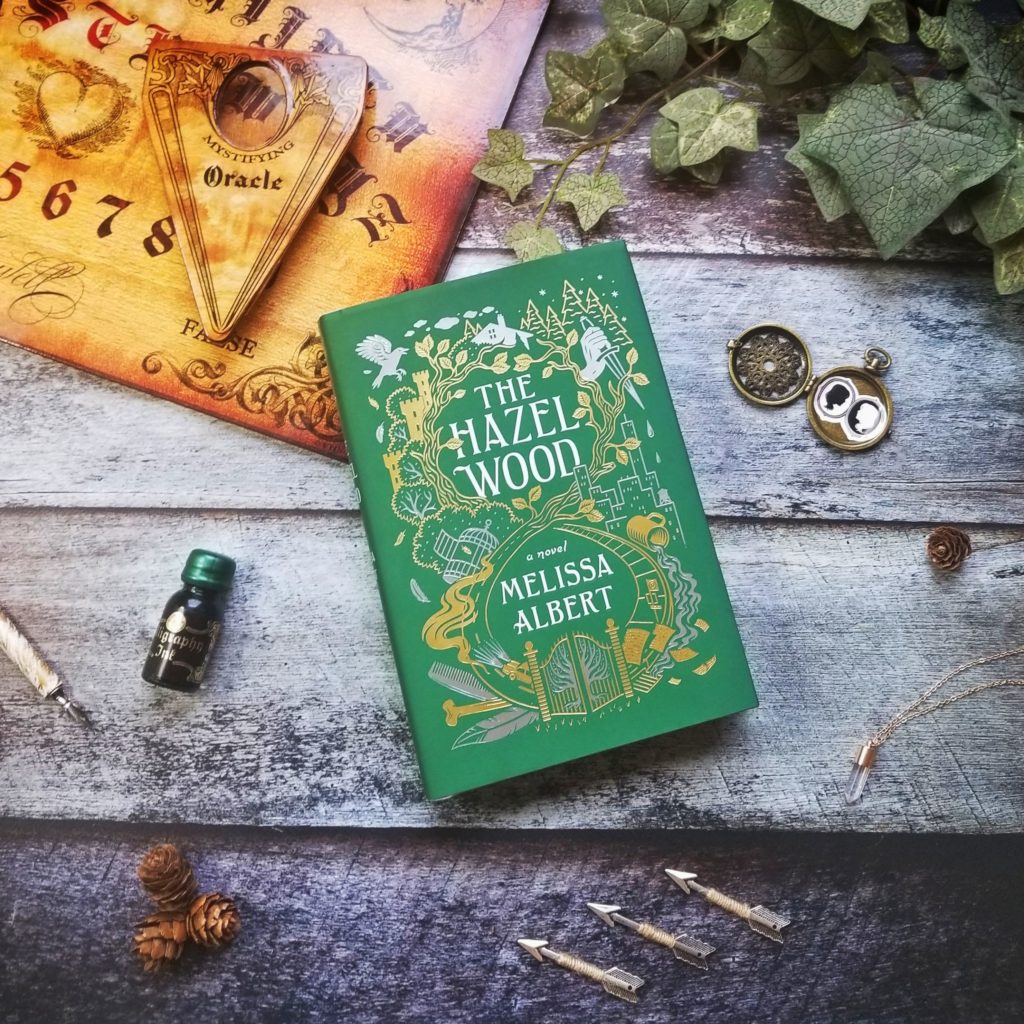

By the time I turned nine, I’d recognized my secret belief for what it was: a child’s fantasy. When we left Utah after his arrest, to live for a few months in an artists’ retreat outside of Tempe, I worried he wouldn’t be able to find me again. She’d been shown the redheaded man in custody through a one-way mirror, and swore she’d never seen him before.įor a few years I’d persisted in believing he was my dad. She didn’t want to hear it when I told her the man was kind, that he’d told me stories and had a warm laugh that made me believe, deep in my six-year-old’s heart, he was actually my father come to claim me. A fan who wanted to use me to get to my grandma.Īfter they’d determined I hadn’t been assaulted, after the redheaded man was identified as a drifter who’d stolen a car a few miles from the place we were staying in Utah, my mother decided we’d never talk about it again. She had no friends, just fans, and my mother told me that’s what the man was. Althea was already secluded in her big house then, and I’d never met her. Which is why, when I was six years old, I got into an old blue Buick with a redheaded man I’d never met and drove with him for fourteen hours straight-plus two stops for bathroom breaks and one for pancakes-before the cops pulled us over, tipped off by a waitress who recognized my description from the radio.īy then I’d figured out the man wasn’t who he said he was: a friend of my grandmother, Althea, taking me to see her. We stayed in so many places, with so many people, that I never really learned the concept of stranger danger. We’ve crossed the country a hundred times, in our beater car that smells like French fries and stale coffee and plasticky strawberries, from the day I fed my Tinkerbell lipstick into the slats of the heater vent. But I can still close my eyes and see it, so I’m holding on to it. My mom tells me that’s impossible-our car doesn’t have a sunroof. My first memory is the smell of hot pavement and the sky through the sunroof, whipping by in a river of blue. My mother was raised on fairy tales, but I was raised on highways. “The Queen of the Hinterland,” Vanity Fair, 1987

“You’d need breadcrumbs, or a spool of thread.” “You’d get lost on the way to finding me,” she says. I ask if I can come talk to her in person, and her laugh is hot whiskey on ice. When I get her on the phone, her voice is as alluring as her most famous photo, the one with the ring and the cigarette. Now she’s gone again, fled to a turreted house in the deep dark woods, where she lives with her five-year-old daughter and her husband, an actual royal-she just can’t quit fairy tales. Then she came back, and achieved an odd kind of fame, glittering from some angles but dark from others. Once upon a time she was a girl named Anna Parks, one of the legion of midcentury dreamers who came to Manhattan with their hopes tucked into a suitcase.

Althea Proserpine is raising her daughter on fairy tales.


 0 kommentar(er)
0 kommentar(er)
